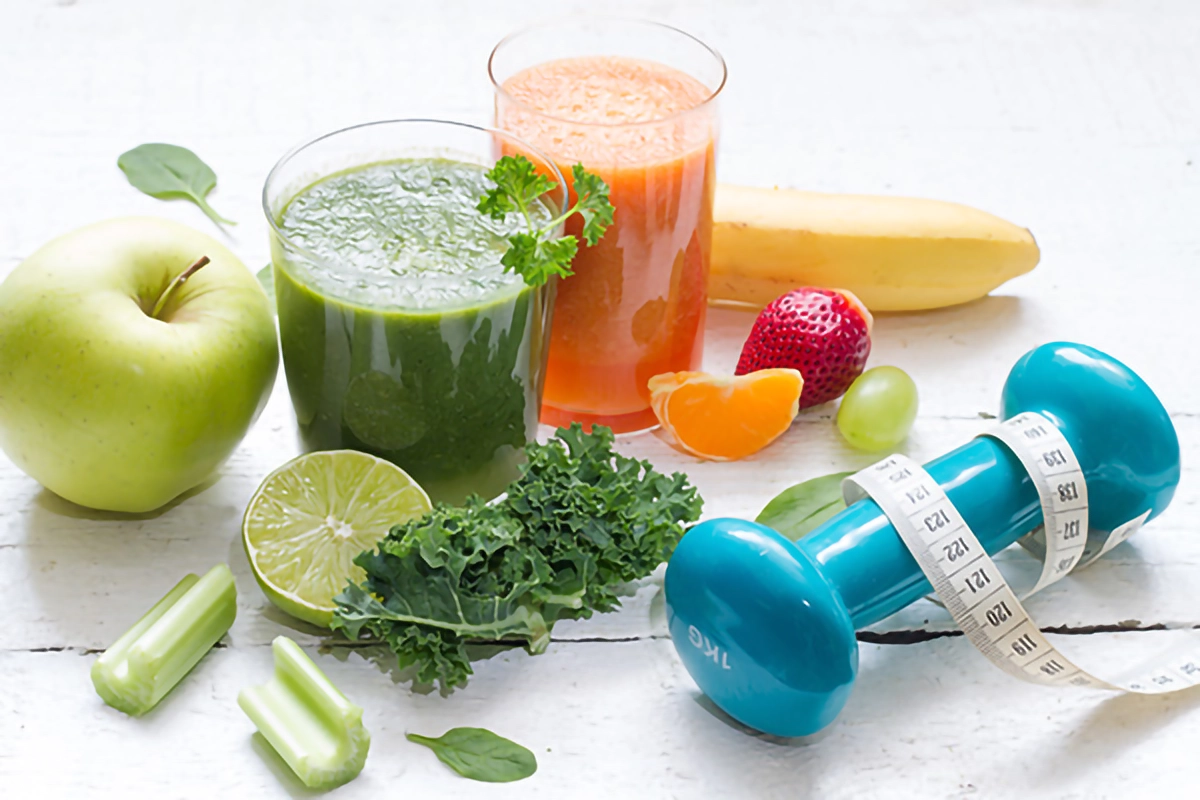We use cookies to help provide you with the best possible online experience.
By using this site, you agree that we may store and access cookies on your device. Cookie policy.
Cookie settings.
Functional Cookies
Functional Cookies are enabled by default at all times so that we can save your preferences for cookie settings and ensure site works and delivers best experience.
3rd Party Cookies
This website uses Google Analytics to collect anonymous information such as the number of visitors to the site, and the most popular pages.
Keeping this cookie enabled helps us to improve our website.
Churchill Medical Centre
National Self Care Week
Today marks the beginning of National Self-Care Week 2025 (November 17th to 23rd), and we’re excited to promote the theme of ‘Mind and Body’.
True health is a balance between physical and mental well-being. The mind and body are deeply connected. Our physical health influences how we feel mentally, and vice versa. For example, stress can lead to headaches, poor sleep, or digestive issues, while physical activity can reduce anxiety and improve mood. By looking after both, you can create a more resilient, positive, and healthier lifestyle.
A Week of Self-Care Tips
Over the course of this week, we’ll be providing tips for nurturing your mind and body, including how to:
- Move your body, calm your mind.
- Fuel your body, nourish your mind.
- Manage stress for a healthier mind and body.
How to get involved this National Self-Care Week
- Try out the recommendations in our daily communication this week.
- Follow us on Facebook
A balanced approach to health
Remember, self-care is a journey. Taking small steps to care for your mind and body can have a huge impact on your overall well-being. You don’t need to make big changes overnight. Even little adjustments to your daily routine can help you feel more balanced, resilient, and happier.
If you have any questions or would like advice on how to start incorporating more self-care into your life, we’re here to help. Don’t hesitate to get in touch with us!
Eat a balanced diet
When we talk about your ‘diet’, we don’t mean the latest fad! We’re talking about the general way that you nourish your body with food daily.
Healthy foods not only fuel your body but can also improve your mood and mental focus. Eating a variety of fruits, vegetables, whole grains, and lean proteins provides the nutrients that both your brain and body need to thrive.
Check out these British Dietetic Association (BDA) recommended recipes for ideas that require no cooking, microwave cooking, batch cooking, and leftovers.


Stay Hydrated
Drinking enough water is essential for your physical health but also affects your cognitive function. Dehydration can lead to irritability, poor concentration, and fatigue. Aim for 6-8 glasses of water a day.
Mindful Eating
Slow down and be present during meals. This helps you to truly enjoy your food and reduces stress around eating.
It also promotes better digestion and a more mindful relationship with your body.
Social Prescribing Links from Harriet
Kingston Pantry
Kingston Pantry is membership-based and offers more than just food. By reducing weekly shopping bills, members can free up money to cover other bills or repay debt. You can self-refer to use the Pantry, but you need to complete an application form.
Visit the Kingston Pantry website
The Vintage Banquet
The Vintage Banquet is a group for people over 60. You can come and join us for our shared lunch. Make new friends, socialise and a variety of activities.

Manage Stress for a Healthier Mind and Body
Amongst the hustle and bustle of everyday life, we are spending this week putting even more effort into focusing on our bodies and minds, as part of the National Self-Care Week campaign.
Today’s focus is… Manage Stress for a Healthier Mind and Body.
Mindfulness and Meditation
Practicing mindfulness or meditation for just 10-15 minutes a day can significantly reduce stress and help you feel more grounded. It allows you to focus on the present moment and reduces the negative effects of anxiety.
One of our favourite practices is to go outside and see how many different shades of green we can find. This really helps you to focus on the here and now, as well as getting you outside for some beneficial fresh air, even when it’s a wee bit chilly like it is now!
Time for Relaxation
Make sure you take breaks throughout your day to relax and recharge. Whether it’s reading a book, having a warm bath, or simply sitting quietly, taking moments to unwind will help keep your mind clear and reduce physical tension.
Breathing Exercises
Slow, deep breathing can lower heart rate, reduce stress, and improve circulation. Try deep breathing techniques when you’re feeling overwhelmed or tense.
Breathing exercises can also work with children. Why not try ‘smell the flower, blow out the candle’? Or try the ‘box breathing’ method below?
Check-in with yourself regularly
Self-reflection: Take a few minutes each day to check in with how you’re feeling, both physically and emotionally. Journaling your thoughts can be a great way to release any stress and get clarity.
Visit the NHS Every Mind Matters page to receive a personalised ‘mind plan’ for support
Seeking Support
If you’re feeling overwhelmed or stressed, don’t hesitate to reach out to someone you trust, or seek professional support from a therapist or counsellor. Mental well-being is just as important as physical health. You can self-refer for support through NHS Talking Therapies.
Find NHS talking therapies for anxiety and depression
We hope these tips support your self-care through looking after your mental health.
Wishing you a healthy, happy, and well week ahead!
Published: Nov 20, 2025